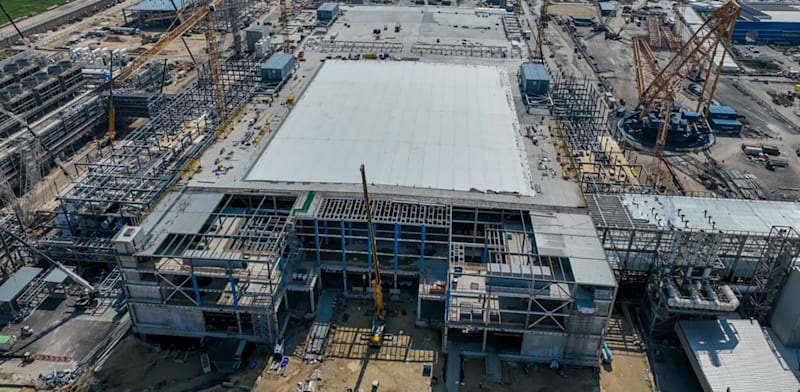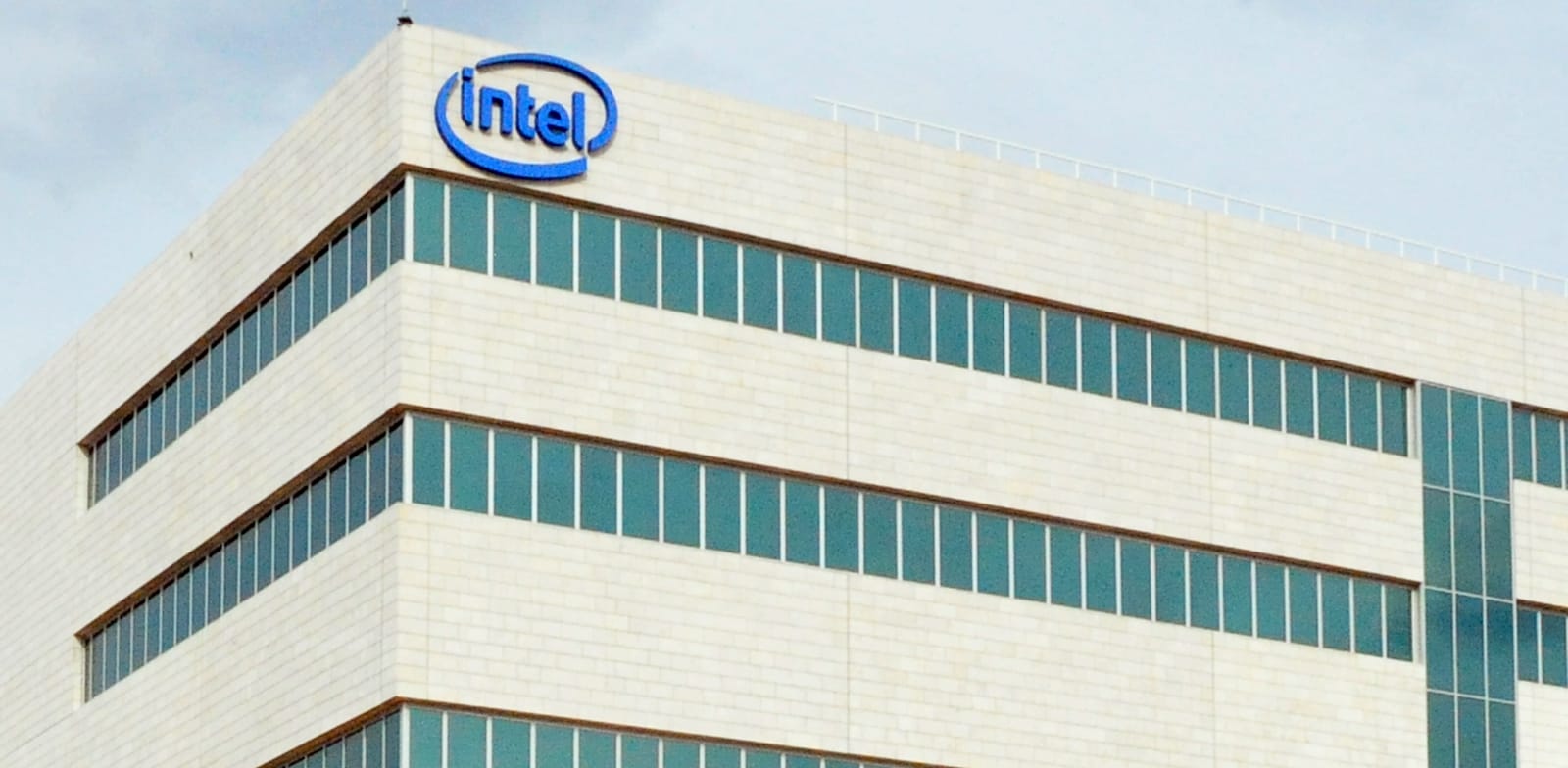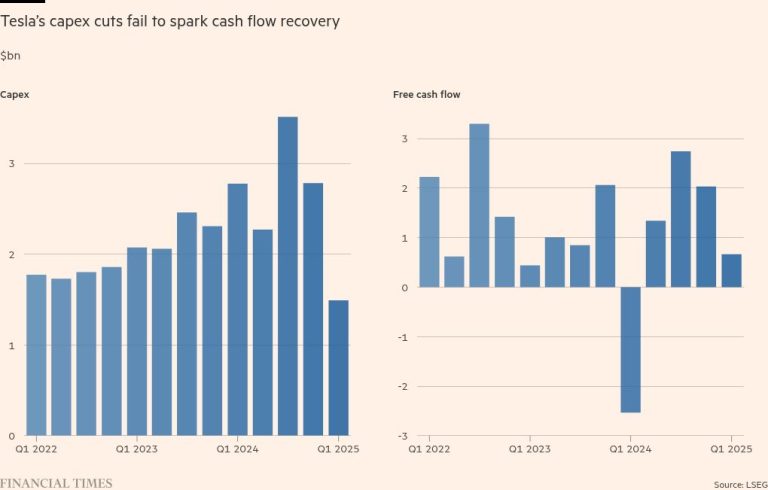About a year ago, Intel told the contractors building its new manufacturing plant in Kiryat Gat (Fab 38) that it was freezing construction expansion and focusing on building the first and original part of the plant. This meant that of the two “clean rooms,” – sterile areas where the company’s most sophisticated chips are manufactured, which were designed in the south, only one would be operational in the coming years, while the fate of the second clean room is unknown. The original plan to build a chip factory at a cost of $25 billion, $3 billion of which was government aid, is currently not being implemented.
The total number of employees who were supposed to continue working at the site until at least 2028, estimated in the thousands, has been shrinking due to non-renewal of contracts with suppliers, as well as the completion of some of the projects that were due to end anyway.
“Globes” has learned that in parallel to layoffs at the existing Intel plant in Kiryat Gat (Fab 28), estimated at 200-300 employees, the number of contractor workers employed in the construction of the new plant has dropped since the peak in 2024 from 5,500 to about 2,000 workers today.
These are workers employed by building companies that won contracts with Intel – some were transferred to other projects, but some were fired due to failure to sign continuation contracts that the companies expected as part of the project’s expansion. The state approved construction and contracting companies with about 3,000 work visas for foreign workers from countries such as India, Sri Lanka and Thailand specifically for Intel’s Fab 38 project, and now – with construction of one part nearing completion and construction of the second part on hold – they are returning to their countries of origin two to three years earlier than the original plan.
Israeli workers have also been fired due to the move. Among the companies affected by Intel’s decision not to renew contracts or to refrain from signing new contracts for the construction of the second part of the plant are: Afcon, Elmor, Hemo Aharon, Pentagon, Katz Group, BCT Piping, Carmel Insulation and Lesico.
The new chip is not taking off
The Fab 38 plant is designed as a complex with two separate plants containing a clean room for manufacturing chips, mainly for installation in laptops and servers. While the construction of the first plant has been completed and the cooling, power and piping systems have been installed, it is still waiting to be connected to production machines – a stage that is currently delayed as Intel is still rethinking its manufacturing processes and trying to find key customers who will agree to manufacture in its factories. The construction of the concrete shell and machine ceiling of the second factory in the complex is currently complete, but no new agreements have been signed to fit the factory with electromechanical systems, air conditioning and piping – an issue that has been frozen for more than a year after Intel’s original decision.
RELATED ARTICLES
However, it should not be concluded that Intel’s new factory will stand empty. The first part of the factory, in which an estimated $10 billion has been invested since 2019, will eventually be operational, even if Intel decides to sell the property to another chip manufacturer. Intel has previously spoken about their production areas and said that they will be able to use them in time frames ranging from 18 months to two years, depending on customer demand. Beyond Intel’s financial crisis, the company has encountered another obstacle in recent weeks after it became clear that there is no demand for its new and promising 18A chip, and the company is now considering betting on its next generation 14A chip, which will require a rethinking of all production systems in the new plants.
Intel responded: “The project to establish the new plant in Kiryat Gat is a complex and long-term mega project, and its pace of progress is adjusted to business developments and market conditions. Intel remains fully committed to its operations and strategic presence in Israel.”
Published by Globes, Israel business news – en.globes.co.il – on July 10, 2025.
© Copyright of Globes Publisher Itonut (1983) Ltd., 2025.








